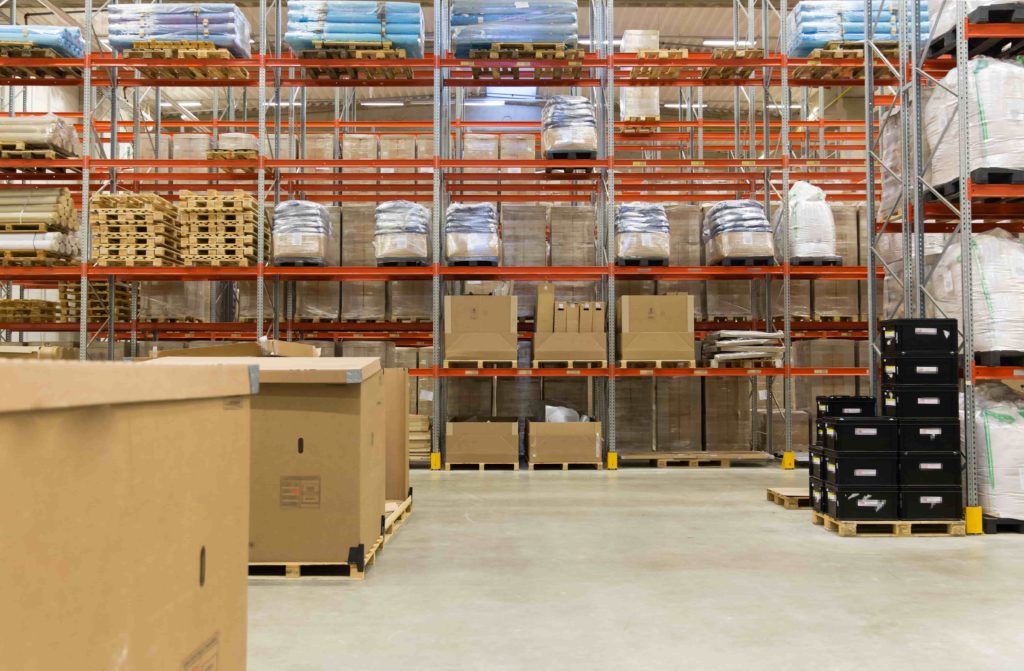
Raw materials in 2022
28 July 2022
We begin by defining raw materials as materials that we obtain directly from nature, i.e., natural resources that are useful and valuable to man. Raw materials can be of the following origin: animal (wool, silk, fur), vegetable (plants, seeds, wood), mineral (sand, marble, iron) and fossil (natural gas, oil, coal).
Raw materials are all those materials that have not been subjected to transformation processes but are found in their natural state, which is why they are the first link in the production chain. They are of vital importance for the production of food, energy, consumer goods and others, i.e. for the economic development of a country.
The strong economic contraction caused by the SARS-COV-2 virus health crisis and all that was involved in facing a pandemic and all the restrictions taken in the countries in order to protect themselves resulted in an unusual increase in the price of raw materials, this from mid-2020.
In addition, a sharp rise in energy prices began in Europe in 2021. Coal, gas and oil recorded unusual variations during the year. This is due to the low post-winter gas inventory in Europe, the high demand generated by the post-pandemic economic recovery, the increase in greenhouse gas emissions, as well as the structure of the energy market within Europe.
This energy and commodity situation is further complicated by Russia’s invasion of Ukraine. Triggering after four months of conflict a scenario of uncertainty where commodity price estimates are totally out of whack.

Raw materials and economy
It is very difficult to estimate or predict prices as this transcends the economic realm into geopolitics. All this implies a rise in inflation worldwide during the months of 2022, which in turn negatively affects many or almost all productive sectors in the surrounding countries and some in the globalized world where we operate through foreign trade or international logistics.
Now, according to several studies, the prices of raw materials are beginning to show worrying signs of a global recession. Basically because so far this year the price of materials such as aluminum, copper and steel have fallen.
Unlike what is happening with raw materials of energy or fossil origin such as oil or natural gas, which are still at very high or distorted prices caused by the war in Ukraine and the sanctions against Russia, which means that industrial raw materials have been showing notable weakness for several months. We can also observe that raw materials of vegetable origin or agricultural raw materials such as palm oil have also fallen in price during this process.
In spite of all these falls in the prices of industrial or fossil raw materials and vegetable or agricultural raw materials, no clear trend has yet been defined regarding the use of oil or natural gas, some experts point out that the market is too altered and conditioned by the war in Ukraine and the sanctions against Russia.
However, there are analysts who point out that there is a positive side to this whole situation and that is that they will contribute to limit inflation, the negative side is the fall in prices and the recession in the countries producing raw materials, but it will contribute to mimic the progressive increase in world inflation.
 1Last In, First Out (LIFO): Loa...
1Last In, First Out (LIFO): Loa...29 March 2025
 2Intermodal Transport: Keys to ...
2Intermodal Transport: Keys to ...24 February 2025
 3Role of Logistics in Natural D...
3Role of Logistics in Natural D...18 November 2024
specific topic?
Comments (0)
There are no comments yet. Be the first!